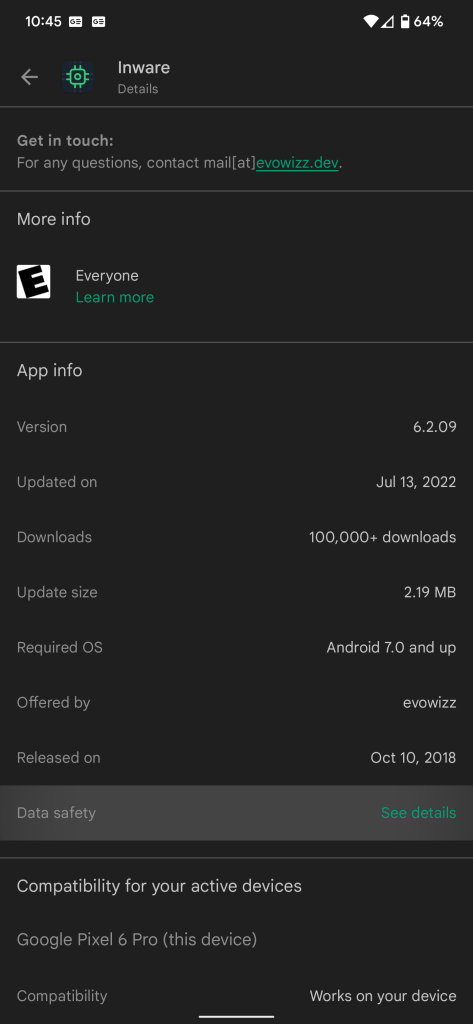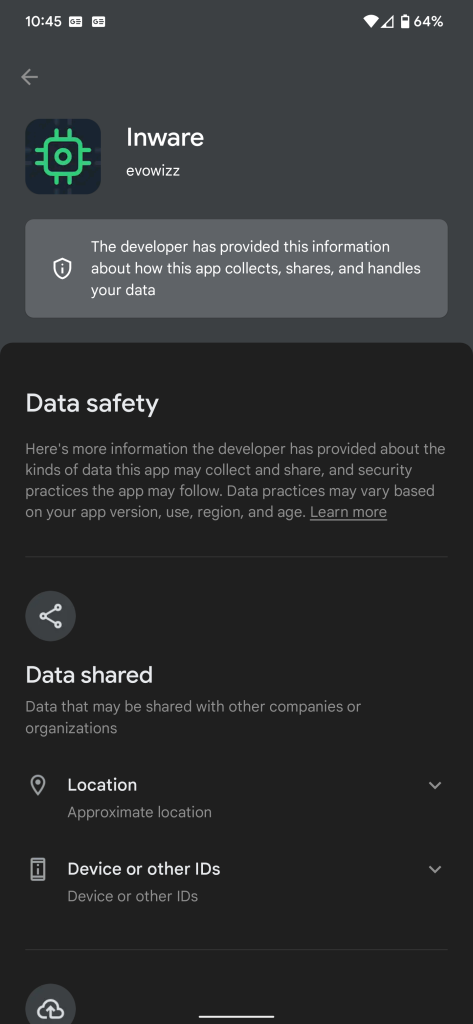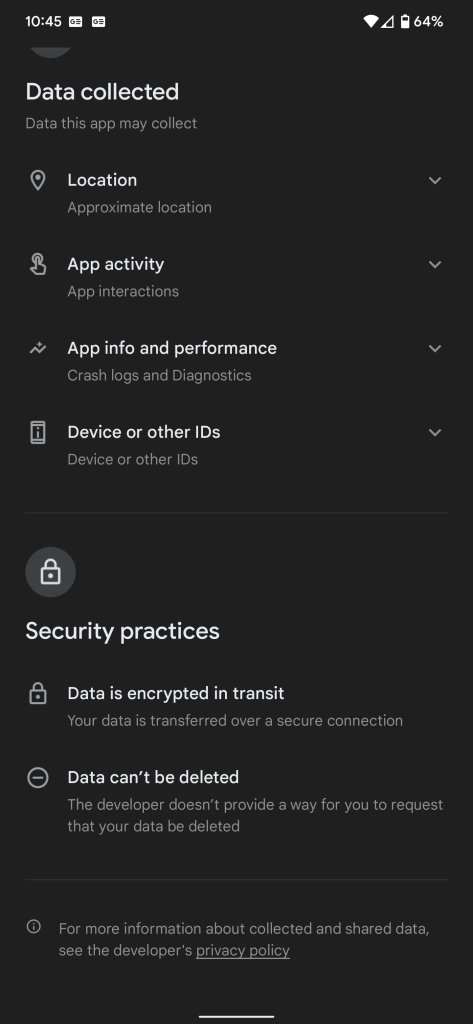The Google Play Store displays a list of all potential permissions an app might use before installation ever since permissions were added to the Android platform. That list is no longer available on the Play Store.
Google began introducing a new Data safety feature for the Play Store in April of this year. The new section’s objective was to spell out in plain language what data apps could access and what they could do with it. There are many distinct data categories, including location, personal information, messages, files, and more, as reporter Abner Li explained at the time.
By July 20, 2022, Google will compel all Android app developers to disclose this data for their applications.
It appears that Google has advanced its efforts to promote data protection just in time for that deadline. The functionality now serves as the sole indicator of what an app may be allowed to access before installation, replacing the permissions section in the Play Store for all apps.
BlueSpace and others saw the change on social media, and this week highlighted was informed of it by Mishaal Rahman.
According to what we can determine, this update is now active on almost all Play Store apps, although we would anticipate that any apps that still lack Data safety information from their creator would still display the permissions section. The update is active on both mobile devices and the Play Store’s recently revamped website.



Does this change make sense? No, not always. One drawback of this is that the Data safety page isn’t quite as clear about the precise system permissions an app is requesting. However, this new website is much simpler to understand for individuals who are unfamiliar with Android’s ins and outs. For instance, apps frequently use the location permission to find nearby Bluetooth devices, which may cause confusion.
The Data safety page’s content is contributed by developers rather than being automatically generated by the Play Store, which presents one potential problem in this situation. That leaves leeway for potentially evil behavior on the page, and it’s not obvious if Google is monitoring this data.

MORE INFO ON THE GOOGLE PLAY STORE: FTC: We employ automatically earning affiliate connections. More.
 Check out 9to5Google on YouTube for more news:
Check out 9to5Google on YouTube for more news:







